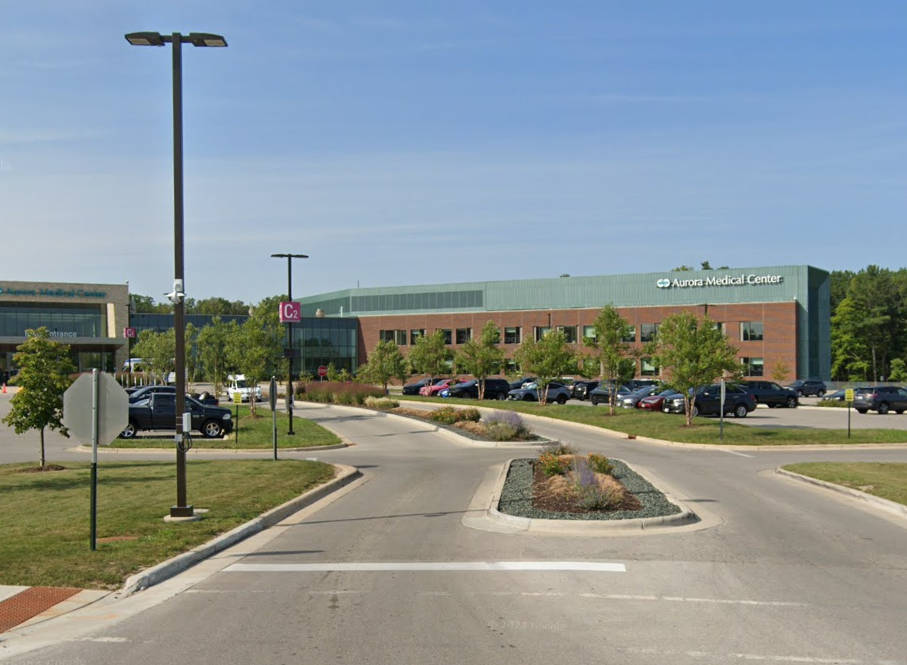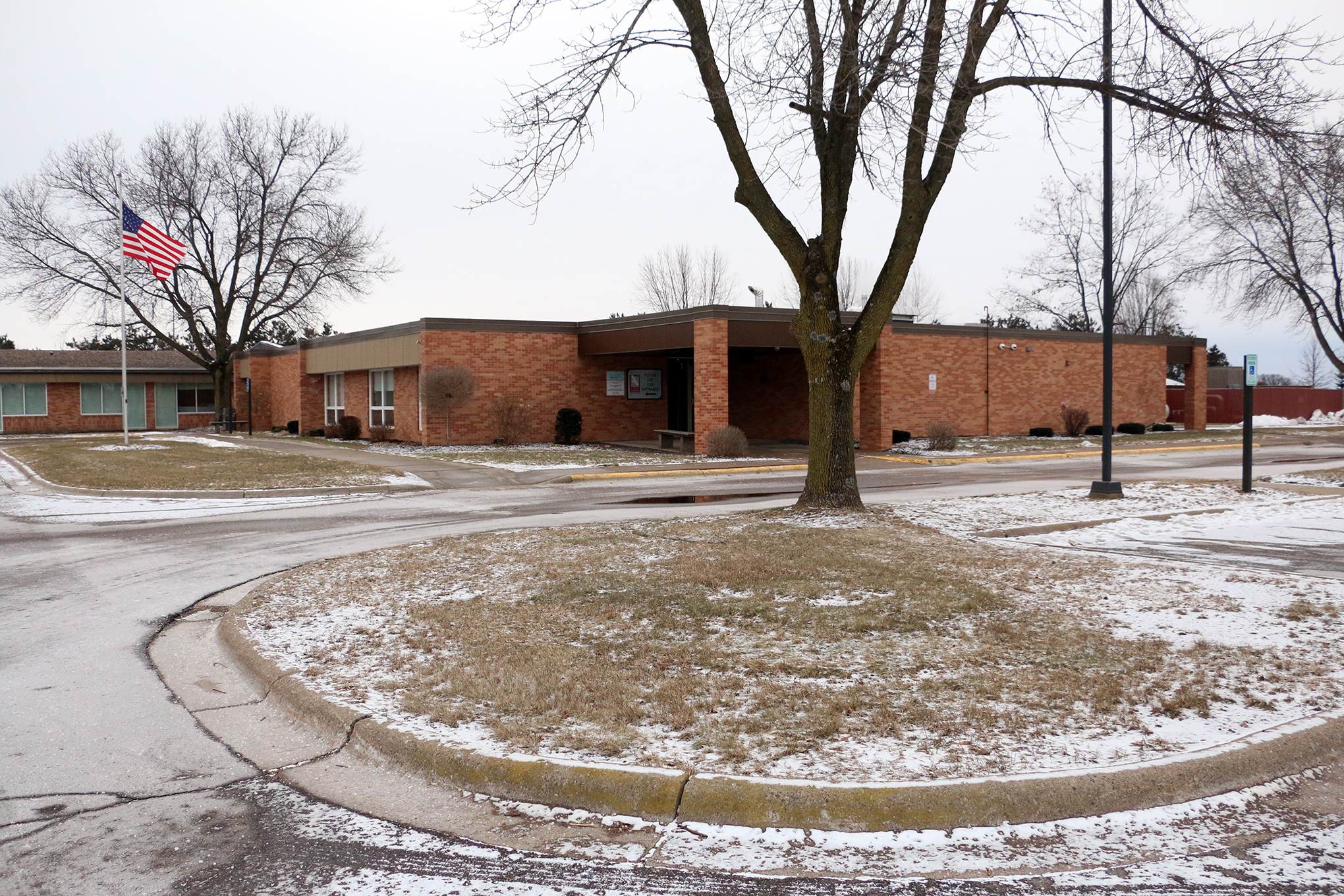People on the verge of a mental health crisis or a relapse of substance abuse often face a catch-22. They know that they need help, but their situation isn’t yet dire enough to merit hospitalization. And so they’re forced to struggle as best they can, either waiting to hit rock bottom or struggling to find stability.
Earlier this year, regional crisis stabilization centers opened in five communities — Waukesha, Beaver Dam, Madison, La Crosse and Wausau — to help people in that precarious gray zone where services are lacking.
Jenny Wrucke is the coordinator for crisis intervention and clinical services at Waukesha County Health & Human Services Department, which oversees the new Waukesha facility. She explained recently to WPR’s “Wisconsin Today” the new centers can help people before they’re in life-threatening situations.
News with a little more humanity
WPR’s “Wisconsin Today” newsletter keeps you connected to the state you love without feeling overwhelmed. No paywall. No agenda. No corporate filter.
“Someone doesn’t have to be in immediate danger in order to receive 24/7 short-term care,” she said. “Someone can be in an environment where they can get some of their life affairs in order. They can get appointments scheduled. They can make sure that they are in a space that supports their mental health recovery, supports their sobriety and really gives them a space and some time to get their feet on the ground.”
Wrucke explained how this new treatment model works and how it can be an alternative to expensive, intensive hospital stays.
The following has been edited for clarity and brevity.
Rob Ferrett: Since the center opened earlier this year, what has the need been like?
Jenny Wrucke: We didn’t realize how great the need was. We’ve seen some pressure relieved on our criminal justice system, because oftentimes we see a person who’s having a mental health crisis, they have repeated contacts with law enforcement. Or maybe a person is continuing to use high resource intensive services like emergency rooms, medical hospitals, because they haven’t had that mid level of service to go to.
RF: I hear the phrase “continuum of care” sometimes when we’re talking about these issues, the idea that we (need) the right kind of response for people with different mental health needs. Can you talk about that concept a little bit?
JW: This crisis resource center is part of our clinical continuum that we are looking to offer to address the mental health needs of the community. Someone (maybe) doesn’t need that high cost service, but they need a little bit more than outpatient. They need a little bit more than just an appointment every two weeks. It has really increased our ability to service people along the continuum.
RF: One obstacle for a lot of people seeking any level of mental health care can be cost. If someone’s going in to seek treatment at the stabilization center, what do they need to know about what it’s going to cost, and whether insurance, the federal government health programs or the state will cover that?
JW: Medicaid does pay for the service for members who are eligible. We’ve also started to have partnerships with commercial insurance companies, because they recognize that having a member stay here is a much more cost effective alternative to hospitalization, which could be $1,500 a day.
RF: How big a part of the program is dealing with substance abuse, substance addiction? Is that part of the treatment that’s provided here?
JW: For the persons that we have served thus far, maybe about half have some type of substance use issue. In one instance, a man came here right from a hospital where he had been admitted due to severe drinking. He knew he needed to be in an environment that would encourage his sobriety.
So he was admitted here, and after two weeks, that was enough time for him to be in a supportive place where he could make some connections with outpatient providers. And he was in a much better place when he left, able to connect with his family again and find his next step to be sober and working on his recovery.
Wisconsin Public Radio, © Copyright 2025, Board of Regents of the University of Wisconsin System and Wisconsin Educational Communications Board.







